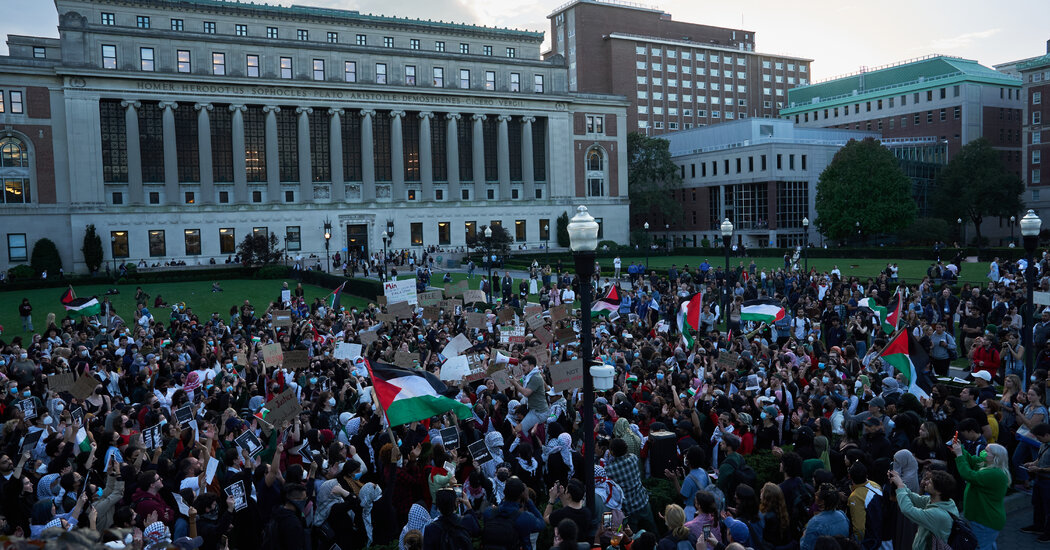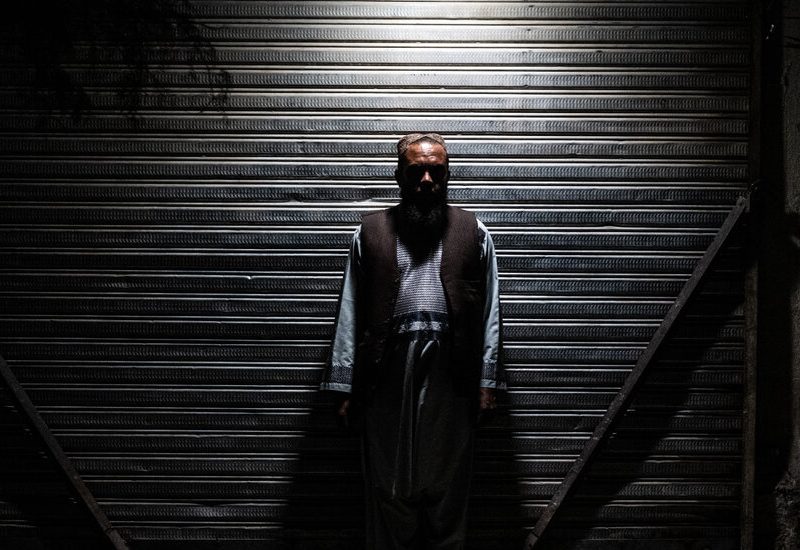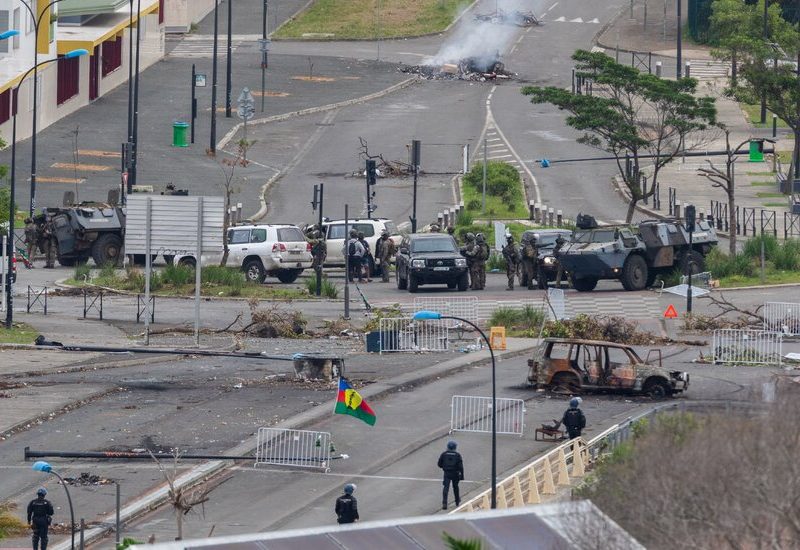Early leaders like Dr. Bazian feared infiltration and disruption, so there was no national chain of command. In an interview, Dr. Bazian, now a lecturer at Berkeley, said that the approach “allows for any campus that sees the principle to initiate a chapter and get going.”
It was not unusual for universities to help underwrite the groups, as they have often done with registered student organizations. Dr. Youmans remembered that the Berkeley chapter of his era “would survive on funding from the university or the equivalent of bake sales.”
The sums have not always been princely. In 2013, the University of Tennessee’s chapter received $550. (Organizers of “Sex Week” were awarded $20,000.) Chapters have often seemed closer to broke than flush.
“The other day, I was like, ‘Why don’t you all make a good banner?’” said Pranav Jani, the faculty adviser to the chapter at Ohio State University, where he is an associate professor. “They were like, ‘Well, we don’t have any money.’”
In Chicago, the chapter at DePaul University sometimes gets donations of falafel or hummus from local restaurants, according to Laila Farah, the chapter’s faculty adviser and an associate professor at the university.
Researchers and pro-Israel groups have spent years trying to trace the network’s funding and have been skeptical of the poverty claims. They note that the national group collects donations, but the amount has not been made public. They have also cited the network’s intellectual and financial connections to American Muslims for Palestine, a Virginia group mired in litigation over whether it is an “alter ego” for a disbanded organization linked to Hamas.
Jonathan Schanzer, senior vice president for research at the Foundation for Defense of Democracies, an organization that has been critical of Hamas, told Congress in 2016 that American Muslims for Palestine was “arguably the most important sponsor and organizer” for the student group. With that support, he told a House committee this past Wednesday, groups like Students for Justice in Palestine “systematically threaten or intimidate Jewish and pro-Israel students.”
Dr. Bazian, now the chairman of American Muslims for Palestine’s board, played down its ties to the student group, which he said were generally limited to providing printed materials and offering grants for students to bring in speakers or attend conferences. He said that his group does not have meaningful power over Students for Justice in Palestine.
The student network’s lack of formal structure has not helped ease concerns. Even after the group developed a national steering committee that helped organize conferences and other resources, critics said, it did not declare itself a nonprofit or formally incorporate.
The steering committee members recoiled at the notion of coast-to-coast infrastructure, even if it could maybe yield more money and more trust.
“It would jeopardize the integrity of our movement as a grass-roots one,” Carrie said.
The steering committee members said that they had no control over campus chapters. The committee, which today has about a dozen members, sees itself as an advisory body, with members saying they offer the local chapters little more than ideas and, from time to time, tools that they can elect to use.
Among the network’s alumni, the national group can come off as informal.
“I tried to reach out to them to say, ‘I was involved, and, hey, if you want to talk,’” Dr. Youmans said of a past entreaty. “They never really got back to me.”



